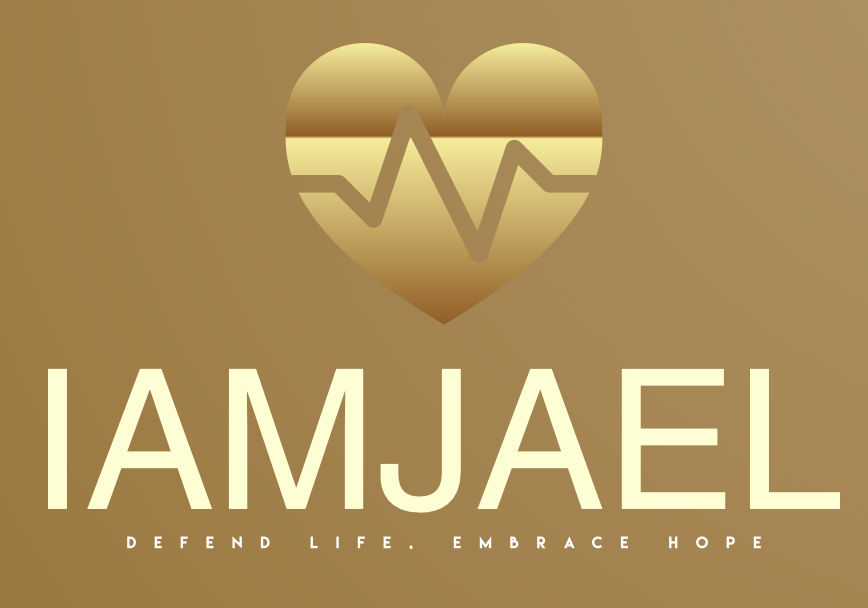
What You Need to Know About the Heartbeat Bill: A Critical Turning Point in the Abortion Debate
What You Need to Know About the Heartbeat Bill: A Critical Turning Point in the Abortion Debate
The Heartbeat Bill has emerged as one of the most polarizing and impactful pieces of legislation in the ongoing debate over abortion rights. At its core, the bill seeks to restrict abortions after a fetal heartbeat is detected, often as early as six weeks into pregnancy. While advocates hail it as a significant step toward protecting unborn lives, opponents argue it infringes on women’s reproductive rights.
For those who believe in the sanctity of life, the Heartbeat Bill represents more than legislation—it is a call to action, an opportunity to raise awareness about the value of life and the need for compassionate solutions that empower women while safeguarding unborn children. Let’s dive into the nuances of this bill, its implications, and why it matters now more than ever.
Understanding the Heartbeat Bill
The Heartbeat Bill typically prohibits abortion after the detection of a fetal heartbeat, which can occur as early as six weeks into pregnancy. Here’s a closer look at its key aspects:
1. Detection of the Heartbeat:
Advances in medical technology have made it possible to detect a fetal heartbeat as early as six weeks. This is often before many women even realize they are pregnant, making the timeline for abortion decisions incredibly narrow.
2. Legal Framework:
The bill has been introduced in multiple states across the U.S., including Texas, Georgia, and Ohio. While specifics vary, the common thread is the restriction of abortions once a heartbeat is detected, with exceptions in some cases for rape, incest, or medical emergencies.
3. Enforcement Mechanisms:
Some states have adopted controversial enforcement measures, such as allowing private citizens to sue individuals or organizations that perform or assist in abortions.
The Heartbeat Bill’s Impact on Communities
The effects of the Heartbeat Bill extend beyond policy—it influences social, emotional, and cultural dynamics. Here’s how:
1. Shifting the Debate:
By emphasizing the presence of a heartbeat, the bill reframes the abortion discussion around the idea of life beginning at conception or shortly thereafter. It challenges the narrative that viability outside the womb should determine the right to life.
2. Empowering Alternatives:
Communities that support the Heartbeat Bill are increasingly focusing on alternatives to abortion, such as adoption services and pregnancy resource centers. These organizations provide financial, emotional, and medical support to women facing unplanned pregnancies.
3. Sparking Grassroots Movements:
In places like Texas, the Heartbeat Bill has galvanized community groups to advocate for life, host awareness campaigns, and offer resources to expectant mothers.
Why the Heartbeat Bill Matters
For those who believe in protecting unborn lives, the Heartbeat Bill is more than just legislation—it’s a moral imperative. Here’s why it’s critical:
1. Advancing Scientific Understanding:
Science plays a pivotal role in this debate. The detection of a heartbeat is a tangible, irrefutable sign of life. Highlighting this fact shifts the discussion from abstract principles to measurable reality.
2. Humanizing the Unborn:
By focusing on the heartbeat, the bill underscores the humanity of the unborn, making it harder to ignore the life-altering implications of abortion.
3. Catalyzing Cultural Change:
Laws like the Heartbeat Bill force society to grapple with the ethical questions surrounding abortion, encouraging deeper conversations about compassion, responsibility, and the value of life.
Responding to Opposition
Critics argue that the Heartbeat Bill infringes on women’s rights, creates unnecessary burdens, and fails to address systemic issues that lead to unplanned pregnancies. Here’s how advocates for life can respond:
1. Empathy First:
The goal isn’t to shame or punish women—it’s to offer support, alternatives, and hope. Addressing the root causes of unplanned pregnancies, such as lack of education or access to resources, is essential.
2. Promoting Comprehensive Support:
Highlighting the availability of free ultrasounds, parenting classes, financial aid, and adoption services counters the narrative that women are left without options.
3. Focusing on Education:
Raising awareness about fetal development, the impact of abortion, and the resources available can empower women to make informed choices.
How You Can Make an Impact
Stopping abortion and fostering a culture of life requires collective action. Here’s how you can contribute:
1. Support Local Pregnancy Resource Centers:
These centers offer vital services to women in crisis, from medical care to counseling.
2. Engage in Conversations:
Use social media platforms, community events, and personal interactions to share the message of life and educate others about the Heartbeat Bill.
3. Advocate for Legislation:
Contact local lawmakers, attend rallies, and support pro-life organizations working to pass and uphold heartbeat legislation.
4. Donate and Volunteer:
Resources like iamjael.org focus on raising awareness, supporting women, and promoting the sanctity of life. Your time and contributions can make a tangible difference.
A Call to Action
The Heartbeat Bill is more than a legal measure—it’s a reminder that every heartbeat matters. In communities across the country, including right here in [local area if applicable], individuals are stepping up to protect life, offer support, and create a culture that values every human being.
As this debate continues, let’s remember that change starts with awareness and action. By standing together, we can ensure that every heartbeat has a chance to live.
Let Us Help Today!
Whether you’re looking for support, guidance, or resources, “I Am Jael” is here to provide the help you need. Contact us today to learn more about how we can serve you.
Send us a Message!
We will get back to you as soon as possible
Please try again later